Boost Summer Learning with Science of Reading Elements
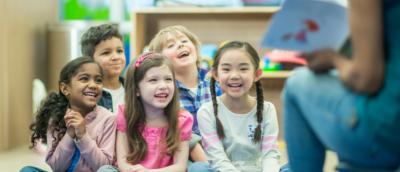
Written by Liz McChesney, Senior Advisor in Educational Equities, Urban Libraries Council
With alarming evidence from the National Assessment of Educational Progress (NAEP) that only 33% of fourth graders read at grade level, summer learning in public libraries has a new urgency. Summer learning programs in public libraries can be a vital resource for maintaining and improving literacy skills in children, and they can also help close achievement gaps brought about by systemic barriers in education.
By incorporating elements of structured literacy — the instructional approach taken from the multidisciplinary field of the Science of Reading — public libraries can significantly deepen the impact of their summer learning programs and align with classroom and caregiver priorities. As Harvard researchers noted in 2013, summer reading interventions can especially have a positive impact on the reading comprehension ability of low-income children.
Below are five strategies taken from ULC’s upcoming Science of Reading Toolkit to easily integrate the science of reading into your ongoing summer programming. Be sure to RSVP for the ULC member webinar on this topic, taking place on Thursday, July 11 at 2:00 p.m. Eastern.
1. Support parents and caregivers by sharing books that promote letter-sound recognition and letter patterns.
Talk with parents about the research behind how children learn to read and encourage them to practice skills like letter and sound correspondence, reading aloud, and reading together at home. Resources like readnotguess.com, which was created by an educational researcher and parent, as well as those from organizations like Reading Partners, school districts and state boards of education offer information about these decodables, or texts that help students practice certain sound-letter patterns taught as part of phonics.

The Denver Public Library developed a website for families all about how parents and caregivers can support what kids learn in school by helping kids grow their word recognition and language comprehension. It includes recommended book lists as well as take-home reading kits and activity ideas for library families in Colorado to access all year long.
2. Provide programs to foster phonemic awareness in new readers.
Phonemic awareness — the ability to hear, identify, and manipulate individual sounds in spoken words — is a fundamental skill for reading. The Public Library Association and Association for Library Service to Children offer a joint-program for children’s library professionals to equip them with the necessary knowledge of research-based practices to promote these early literacy skills in young children. Every Child Ready to Read focuses on critical phonemic components and their practical implementation in children’s library programming. Activities like rhyming games, segmenting sounds, and blending phonemes can significantly enhance a child’s reading readiness. These activities are educational and enjoyable, making them an ideal fit for summer learning.
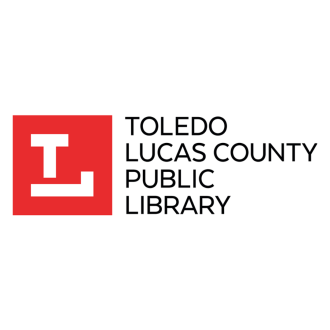
The Toledo Lucas County Public Library in Ohio is one year into an intensive two-year staff training effort that focuses on essential skills all kids need to learn to become good readers. The two primary skills are decoding (phonics) and language comprehension. As part of the blueprint, reading specialists are meeting with families in the community, offering a toolkit of ideas and things that families can do at home. This includes the basics of how children learn to read and ideas for helping a child develop a growth mindset. The library aims to be in alignment with local educators, so that when parents come in seeking reading materials, they better understand what is being taught in school.
3. Enrich your collection with phonics-based board games and word games.
The science of reading is not just applied through books and planned activities. Playing games is also a fun and engaging way to encourage children to practice reading skills. These games can be used during library programs or borrowed for home use, providing continuous learning opportunities that are both educational and entertaining. Libraries have the tools to make this happen.
4. Establish a reading buddy program.
This is a program where elementary-aged children are paired with teen volunteers, who act as their “reading buddies.” The buddies assist younger children in practicing reading aloud, providing guidance and support. This program improves reading skills, boosts confidence, and fosters a sense of community. Consider implementing a similar program in your library to enhance your summer learning programs.
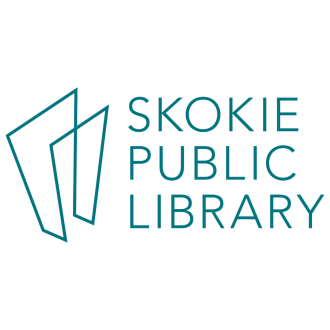
At the Skokie Public Library in Illinois, the Summer Booking with a Buddy program happens every year and is an excellent implementation model. Little buddy participants (student entering grades 1st to 3rd) spend 10 hours over four weeks reading aloud and talking about books with teen big buddy volunteers, as well as playing literacy games and doing group activities.
5. Invest in culturally affirming, diverse books.
Ensuring that your library’s collection includes culturally affirming, diverse books is not just important, it’s essential. These are books that reflect a range of cultures, ethnicities, and experiences, and that are written by authors from diverse backgrounds. Prioritize these books in giveaways, especially in libraries serving Title 1 schools during the summer. Providing access to books that reflect a range of cultures and experiences, helps children see themselves in the stories they read, and promotes a love of reading. This commitment to diversity is a powerful tool in fostering inclusivity and understanding among young readers.
By proactively implementing these straightforward, structured literacy strategies, you, as a public library professional, can create a nurturing, enriching environment that not only cultivates a love for reading but also significantly enhances children's literacy skills during the crucial summer months. Your efforts can make a real difference in children's learning journeys during the summer months.
Related Articles
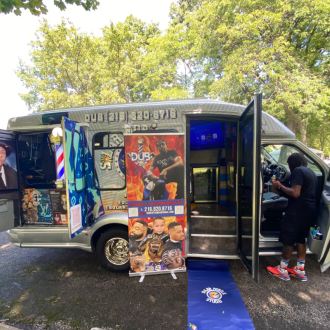
How a Mobile Barbershop Helped Increase Childhood Reading in Cleveland
In partnership with Barbershop Books, ULC’s Barbershop Books Pilot for Libraries supported a small cohort of libraries in 2023 and 2024 to provide reading opportunities to Black boys directly in barbershops in their local communities. The Cleveland Public Library knew participation would be beneficial as it aligned with the library's goal to put books into the community and possibly create change.
Read More
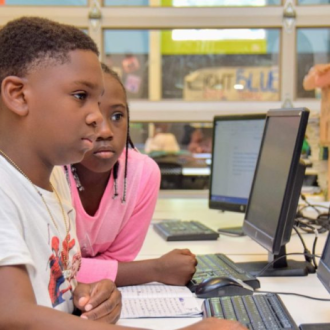
Amplifying Summer Learning Through Youth-Focused Community Partnerships
As part of the ULC Building Equity: Amplify Summer Learning cohort, the Central Arkansas Library System enhanced community summer learning by partnering with a local program for youth experiencing housing insecurity. Learn more in this blog by CALS Youth Services Coordinator Ellen Samples.
